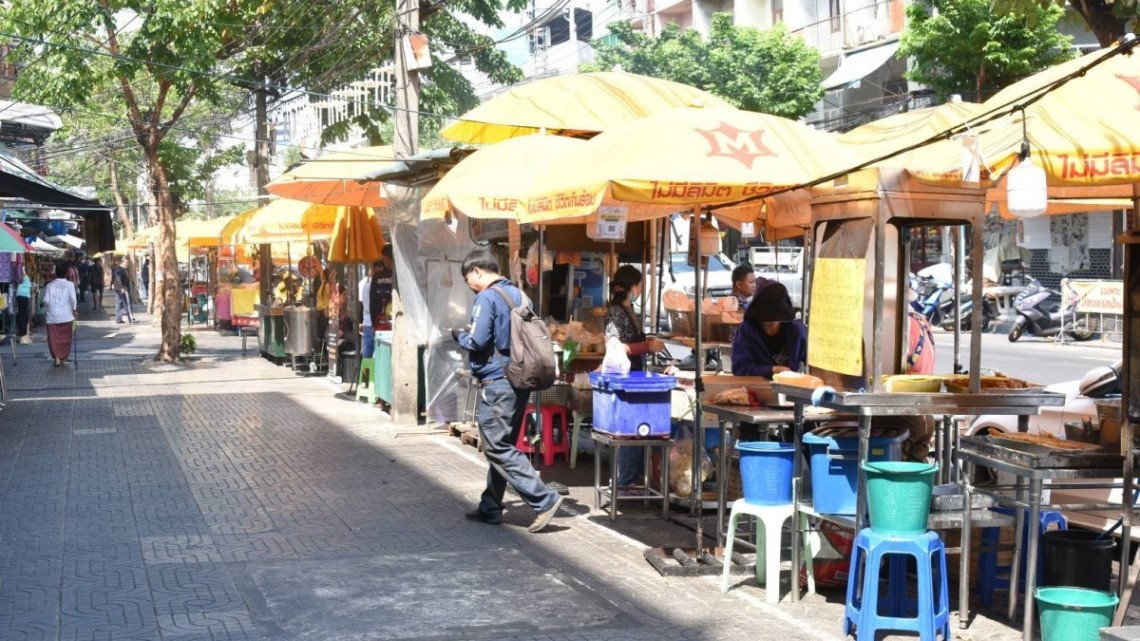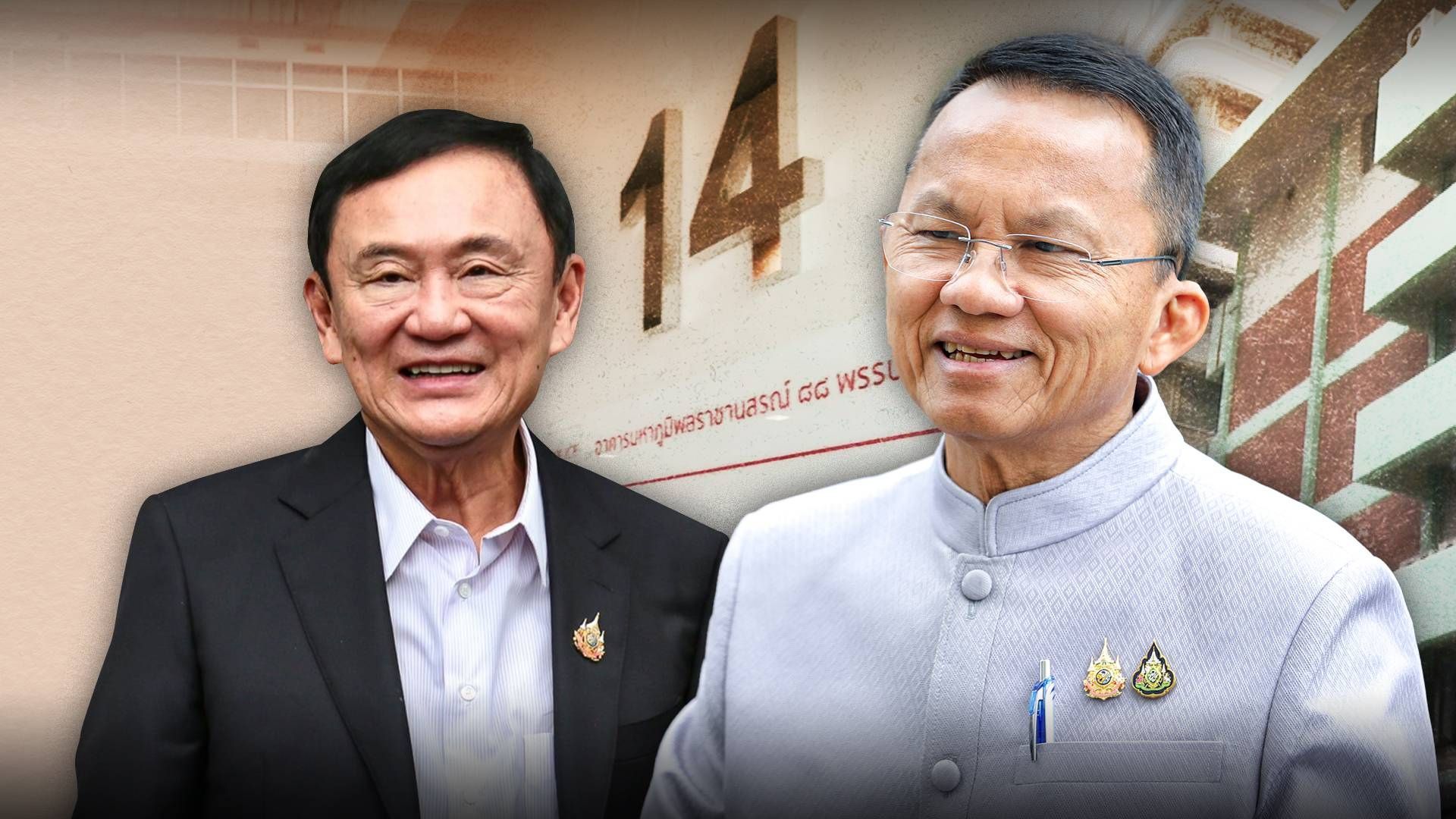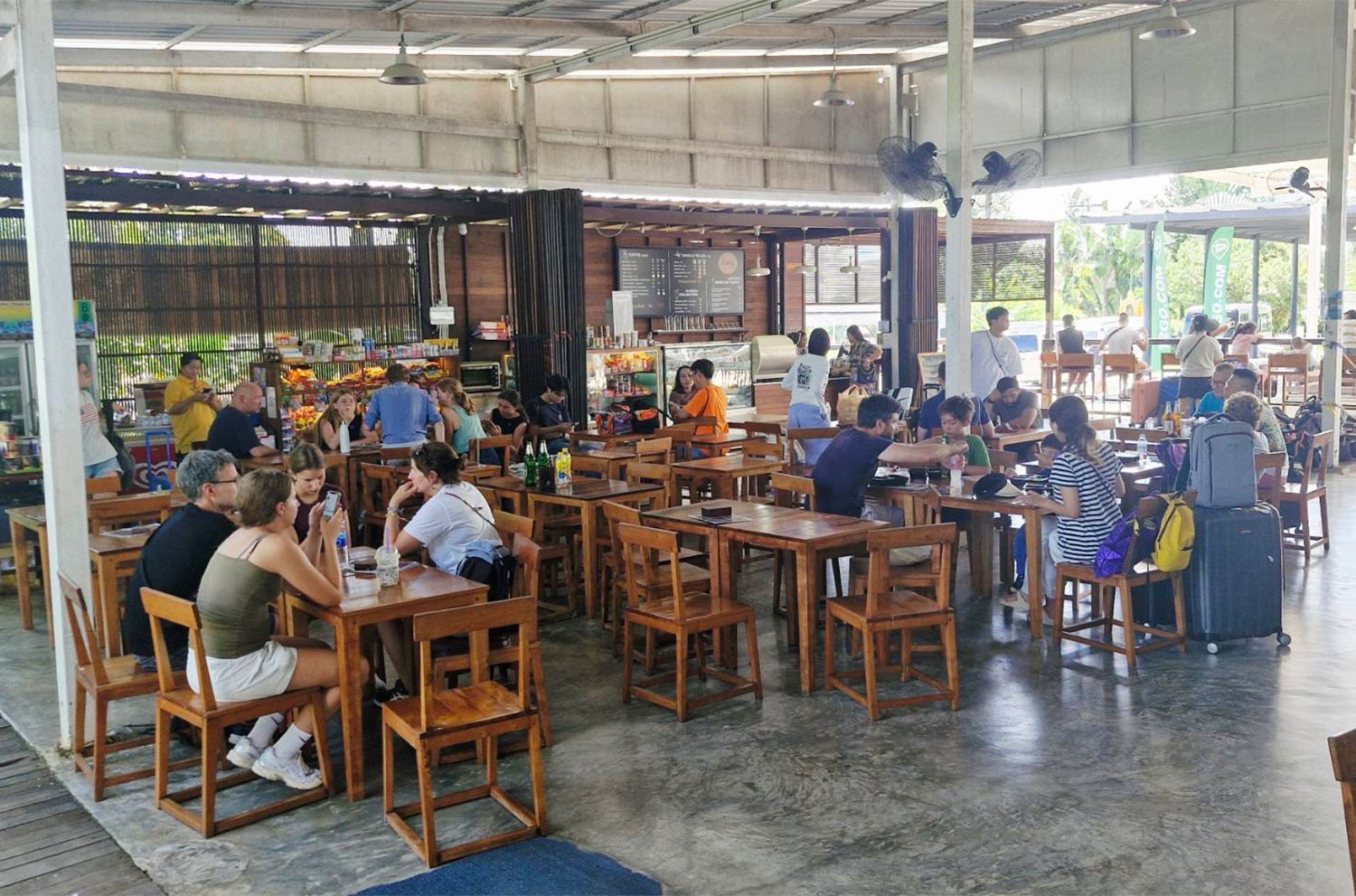Stricter Compliance Measures Proposed
Thailand’s government is set to overhaul its electric vehicle (EV) subsidy rules to address manufacturers failing to meet local production targets, as announced on June 17, 2025. The Ministry of Finance aims to clarify conditions for suspending payments, ensuring accountability in the EV incentive program. This move responds to challenges faced by manufacturers, particularly Neta Auto Thailand, in meeting domestic production requirements.
Neta’s Production Shortfall
Liquidity Issues Prompt Action
Neta Auto Thailand, grappling with liquidity constraints, has fallen short of its mandated production goals under the EV 3.0 policy, which requires manufacturers to produce 1.5 locally made EVs for every imported unit in 2025. Neta was tasked with producing 19,000 vehicles domestically but has only manufactured 4,000. This shortfall led the Excise Department to suspend 400 million baht in subsidy payments, highlighting the need for clearer guidelines.
Proposed Bimonthly Reporting
Enhancing Oversight Mechanisms
To strengthen oversight, the Finance Ministry, led by Deputy Minister Paopoom Rojanasakul, has proposed requiring EV manufacturers to submit compensatory production plans every two months. Failure to adhere to these plans would allow the government to halt subsidy payments immediately. This change aims to provide a proactive approach to ensuring compliance, unlike the current policy, which delays action until the program’s end in December 2025.
Consumer Protections Assured
Buyers Unaffected by Changes
Paopoom emphasized that EV buyers who purchased vehicles under the subsidy program will face no repercussions from the revised rules. Manufacturers like Neta offer discounts of up to 150,000 baht per vehicle directly to consumers, later reimbursed by the government. The proposed changes focus solely on holding manufacturers accountable, safeguarding consumer benefits while tightening industry regulations.
Financial Impact on Neta
Substantial Subsidies Already Disbursed
The government has disbursed over 2 billion baht in subsidies to Neta under the EV 3.0 program, underscoring the scale of public investment in Thailand’s EV sector. The recent suspension of an additional 400 million baht reflects the Excise Department’s internal procedures, which the Finance Ministry now seeks to formalize. These steps aim to prevent future financial risks while supporting Thailand’s ambition to become an EV manufacturing hub.
Broader Policy Implications
Preparing for Future Challenges
The proposed rule changes signal Thailand’s commitment to refining its EV strategy amid growing pains in the industry. By formalizing suspension procedures, the government aims to create a robust framework to handle similar issues moving forward. This aligns with Thailand’s broader goal of achieving 30% EV production by 2030, ensuring sustainable growth while balancing support for manufacturers and fiscal responsibility.
Industry Accountability Emphasized
Clear Guidelines Sought
The push for revised subsidy rules stems from broader industry concerns, exemplified by Neta dealers who petitioned the Excise Department for clearer guidelines and delayed payments due to the company’s financial woes. Formalizing these procedures will enhance transparency and accountability, fostering confidence among stakeholders as Thailand continues to position itself as a leader in Southeast Asia’s EV market.









